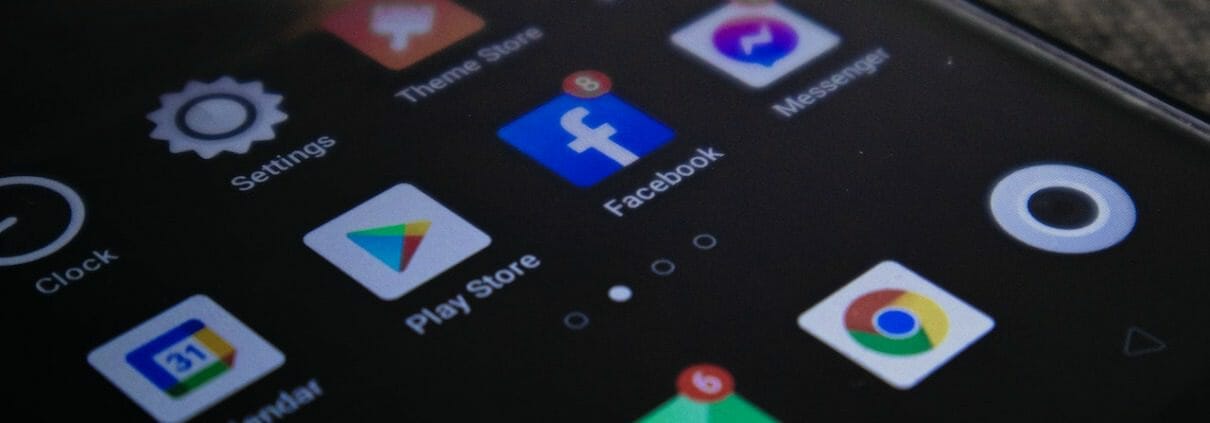3 Signs Your Mobile Android App Development Strategy Needs Improvement
We cannot stress enough that mobile Android app development isn’t easy. It still stands as one of the more challenging platforms to develop apps for, even though Google has gone to great lengths to simplify the development process. And if you’re a seasoned developer or appreneur, you probably know this already.
But that doesn’t change the fact that Android remains one of the biggest and most crucial platforms. So, deciding to forego mobile Android app development to make life easier isn’t an option for most. However, this doesn’t mean it can’t be made easier with the right strategy. Here’s what you need to do to look out for and fix if your Android projects are becoming unmanageable!
1. Your Android App Suffers From Poor Performance
When running and testing your app, you may encounter serious performance issues. Never ignore these, and instead, proceed to fix them immediately. Your first step is to check that you’re running your app in release and not debug mode. While debug mode helps to detect problems, it introduces a significant performance overhead.
If necessary, switch to release mode that uses the R8 compiler by default. The compiler will remove all unneeded code from your app, giving it a performance boost.
And if you use Jetpack Compose, you need to know that this library tends to slow down an app on startup when run for the first time. To mitigate this issue, you need to define baseline profiles. These profiles will include the necessary classes and methods within your APK. Once installed, only the most mission-critical code will undergo ahead-of-time compilation, speeding up your app’s launch times.
But it’s not always possible to define a baseline profile that works as intended. Thus, we recommend that you get in the habit of writing Macrobenchmark tests regularly. The results of these tests should give you a clear picture of whether or not your baseline profiles are delivering the desired results. If not, you’ll need to revise these accordingly.
USE OUR APP COST CALCULATOR TO ESTIMATE THE COST TO BUILD YOUR APP!
2. Poor Choice Of Mobile Android App Development Environment
There are many third-party cross-platform development tools on the market today. And if you’re developing for Android, iOS, and several other platforms, you may want to use these cross-platform tools. However, many of these tools are a poor substitute for Android Studio, Jetpack Compose, and the Kotlin programming language.
If you want native performance, a coherent user interface (UI), and all the latest operating system and mobile device features, Google’s official suite of development tools is the way to go!
3. Failure To Follow Google’s Guidelines And Best Practices
Google’s mobile Android app development portal offers plenty of information to create robust and performant apps. We advise that you follow Google’s guidelines and best practices closely, especially if your project is languishing in development hell.
Learn how to implement the Jetpack Compose library in existing apps and use it in conjunction with other libraries. Furthermore, learn how to design systems and layouts for your Android app. And when and where to use animations, images, text, gestures, and other interactions. While there are many sources for this type of information online, much of it is outdated and may not follow best practices.
SCHEDULE A CONSULTATION WITH AN APP DEVELOPMENT EXPERT TO GET A CUSTOMIZED QUOTE!
The Bottom Line
While mobile Android app development may challenge even the most competent developers, a sound strategy will always yield favorable results. It’s essential to set up the right development environment, run your app in release mode, write Macrobenchmark tests, and follow Google’s best practices and guidelines closely.
But if you have any questions and need the assistance of a professional studio, contact NS804 to learn how we’ll help you develop phenomenal Android apps today!













Leave a Reply
Want to join the discussion?Feel free to contribute!